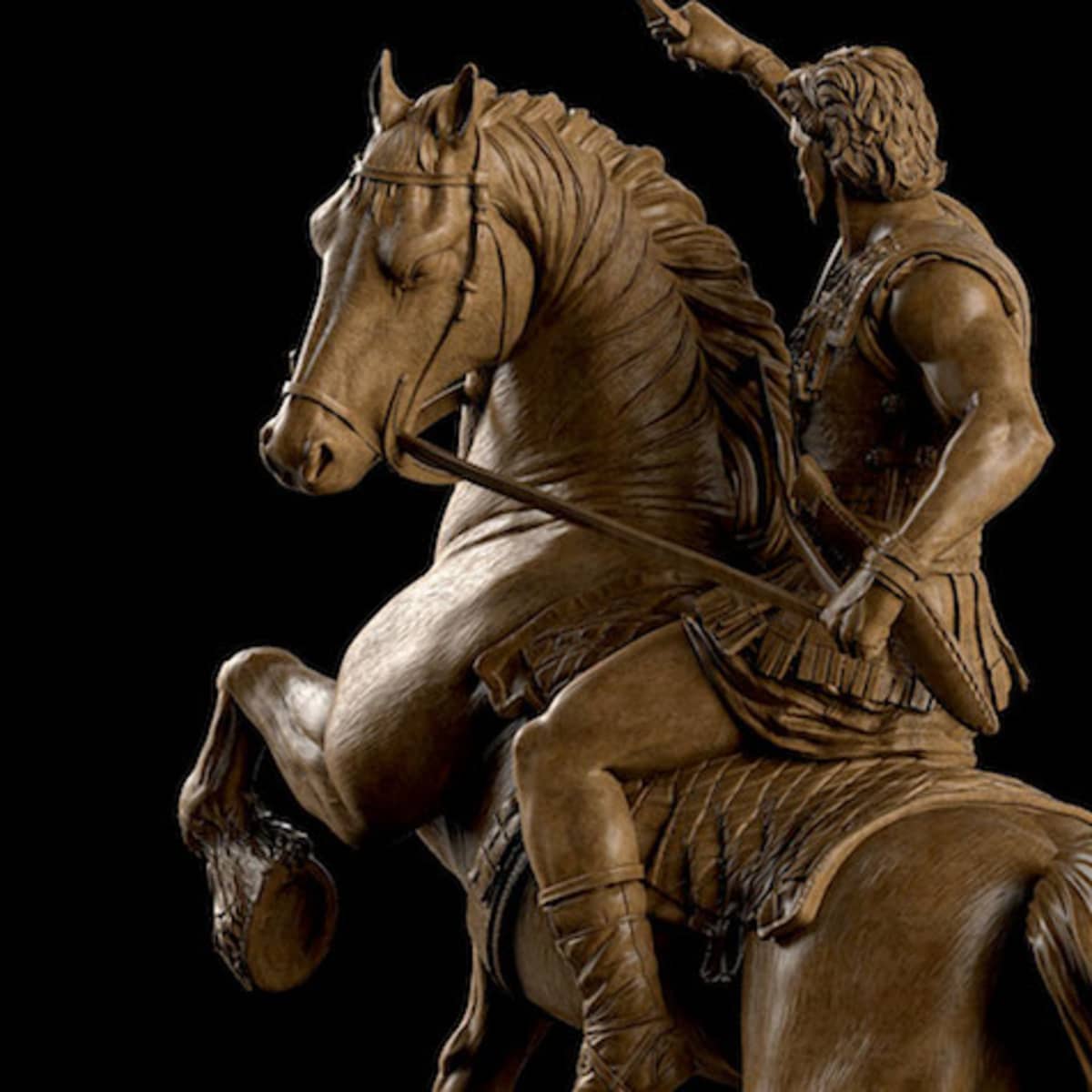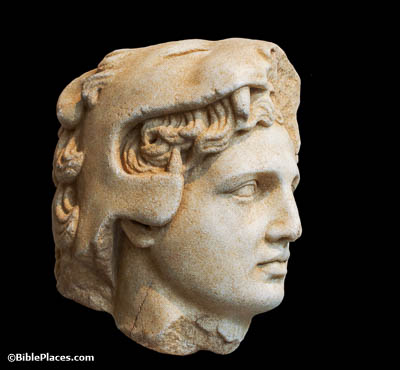

Was Daniel an actual person who lived during the Babylonian exile? Perhaps the writers of the book were disappointed with the leadership of the Maccabees and hoped for a different end. So the last calculation of the end seems to refer to something other than the end of the temple’s desecration. But why? The Maccabees drove Antiochus IV and his forces out of the temple precincts and resumed temple worship in the winter of 164 B.C.E., only three years after its desecration. Apparently, the anticipated ending mentioned in Dan 8:14 did not take place and so the writer pushed the end even further into the future. This is a period of a little less than three and a half years, which seems fitting since Dan 8 was written a little later than Dan 7 and reflects an escalation of the crisis, seen in the shorter deadline.īut Dan 12:12 speaks of waiting even longer: 1,335 days. In Dan 8:14, an angel tells Daniel that the desecration of the temple will last “two thousand three hundred evenings and mornings,” or 1,150 days. Dan 7:25 says that Antiochus’s rule over the people of Jerusalem will last “a time, two times, and a half time.” This is a period of three and a half years.

There are several calculations of the end of Antiochus IV’s persecution of the Jews or the end of the desecration of the Jerusalem temple. The writer of the book thinks this is the time at which mundane history will cease and Antiochus IV will fall from power. In that verse, the end refers to the time of the resurrection of the dead. But Dan 12:4 provides yet another understanding of the time of the end. As such, the king that the passage has in mind is the Syrian emperor, Antiochus IV, who outlawed Judaism in Jerusalem in 167 B.C.E., desecrated the Jerusalem temple, and killed many Jews. The writer of the chapter understands the rule of the Hellenistic kings to be an extension of the Babylonian exile.

(Daniel 8:1), the passage itself was written in or near Jerusalem around 167 B.C.E., during the Hellenistic period. Although this vision of the end claims to happen during the Babylonian exile, circa 546 B.C.E. In Dan 8:17-18 the end probably means the final period of time during which the faithful Jews will suffer persecution. In this case, the end refers to the end of foreign empires that rule over Judea and the coming of a government that is wholly different. The Hebrew phrase suggests a turning point but not necessarily the end of history or the world. In most English translations of Dan 2:28, for instance, Daniel says that God has revealed to the king what is to happen “at the end of days.” But this translation may not be the best. In fact, the character of Daniel provides many different calculations and depictions of the end! Not only that, but what Daniel means by the end seems to change from one chapter to another. Daniel’s visions talk about the end a great deal, but neither the book of Daniel nor the character of Daniel ever gives one precise timeline for the end.


 0 kommentar(er)
0 kommentar(er)
